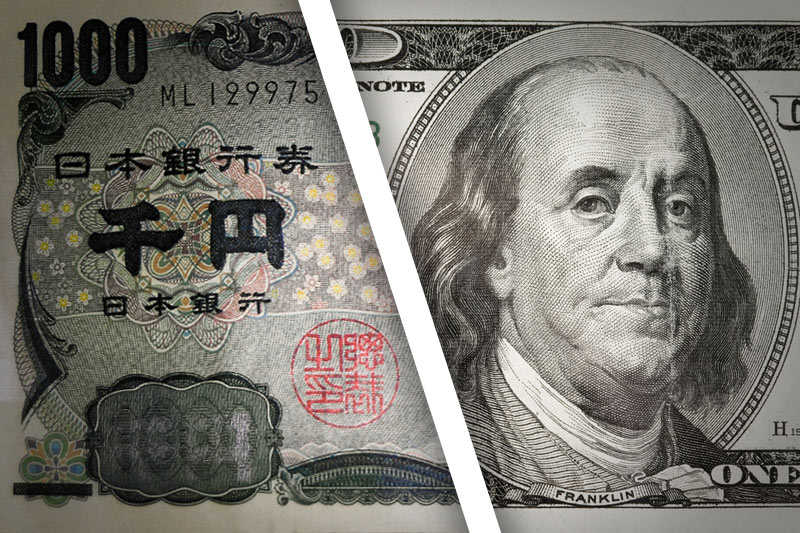Investing.com - The dollar strengthened against the yen on Wednesday on building sentiments that Japanese opposition leader Shinzo Abe may become the country's next prime minister during Dec. 16 elections and usher in loose monetary policies.
Abe has said he favors more aggressive monetary stimulus measures to jolt the Japanese economy.
In Asian trading on Wednesday, USD/JPY was trading at 81.82, up 0.18%, up from a session low of 81.65 and off a high of 81.86.
The pair was likely to find support at 81.14, Tuesday’s low, and resistance at 81.86, the earlier high.
The Bank of Japan met earlier this week and left benchmark interest rates unchanged at 0.10%.
The monetary authority also made no changes to the country's JPY91 trillion asset purchasing plan, though the yen weakened to a 7-month low against the greenback on Wednesday amid building market sentiment that looser policies are on the way.
Meanwhile in the U.S., housing starts rose 3.6% in October to a seasonally adjusted annual rate of 894,000, the biggest gain in four years.
The number of building permits issued in October fell 2.7% to a seasonally adjusted 0.866 million.
Elsewhere in the U.S., Fed Chairman Ben Bernanke spoke earlier and urged the White House and Congress to find a way to steer the U.S. economy away from a combination of tax hikes and deep spending cuts scheduled to kick in at the same time at the end of this year.
The combination, known as the U.S. fiscal cliff, could send the economy into a recession next year.
The yen, meanwhile was down against the pound and down against the euro, with GBP/JPY up 0.18% and trading at 130.32 and EUR/JPY trading up 0.16% at 104.85.
Later Wednesday, Japan is to publish official data on the trade balance.
Also on Wednesday, the U.S. will release weekly government reports on initial jobless claims and crude oil inventories.
This data is being released one day early ahead of the Thanksgiving holiday on Thursday.
In addition, the University of Michigan is to release revised data on consumer sentiment and inflation expectations.
Abe has said he favors more aggressive monetary stimulus measures to jolt the Japanese economy.
In Asian trading on Wednesday, USD/JPY was trading at 81.82, up 0.18%, up from a session low of 81.65 and off a high of 81.86.
The pair was likely to find support at 81.14, Tuesday’s low, and resistance at 81.86, the earlier high.
The Bank of Japan met earlier this week and left benchmark interest rates unchanged at 0.10%.
The monetary authority also made no changes to the country's JPY91 trillion asset purchasing plan, though the yen weakened to a 7-month low against the greenback on Wednesday amid building market sentiment that looser policies are on the way.
Meanwhile in the U.S., housing starts rose 3.6% in October to a seasonally adjusted annual rate of 894,000, the biggest gain in four years.
The number of building permits issued in October fell 2.7% to a seasonally adjusted 0.866 million.
Elsewhere in the U.S., Fed Chairman Ben Bernanke spoke earlier and urged the White House and Congress to find a way to steer the U.S. economy away from a combination of tax hikes and deep spending cuts scheduled to kick in at the same time at the end of this year.
The combination, known as the U.S. fiscal cliff, could send the economy into a recession next year.
The yen, meanwhile was down against the pound and down against the euro, with GBP/JPY up 0.18% and trading at 130.32 and EUR/JPY trading up 0.16% at 104.85.
Later Wednesday, Japan is to publish official data on the trade balance.
Also on Wednesday, the U.S. will release weekly government reports on initial jobless claims and crude oil inventories.
This data is being released one day early ahead of the Thanksgiving holiday on Thursday.
In addition, the University of Michigan is to release revised data on consumer sentiment and inflation expectations.
